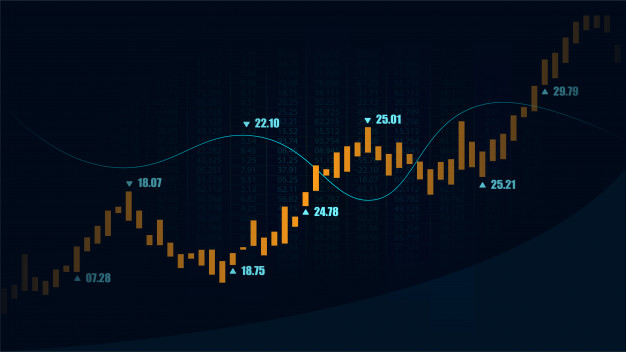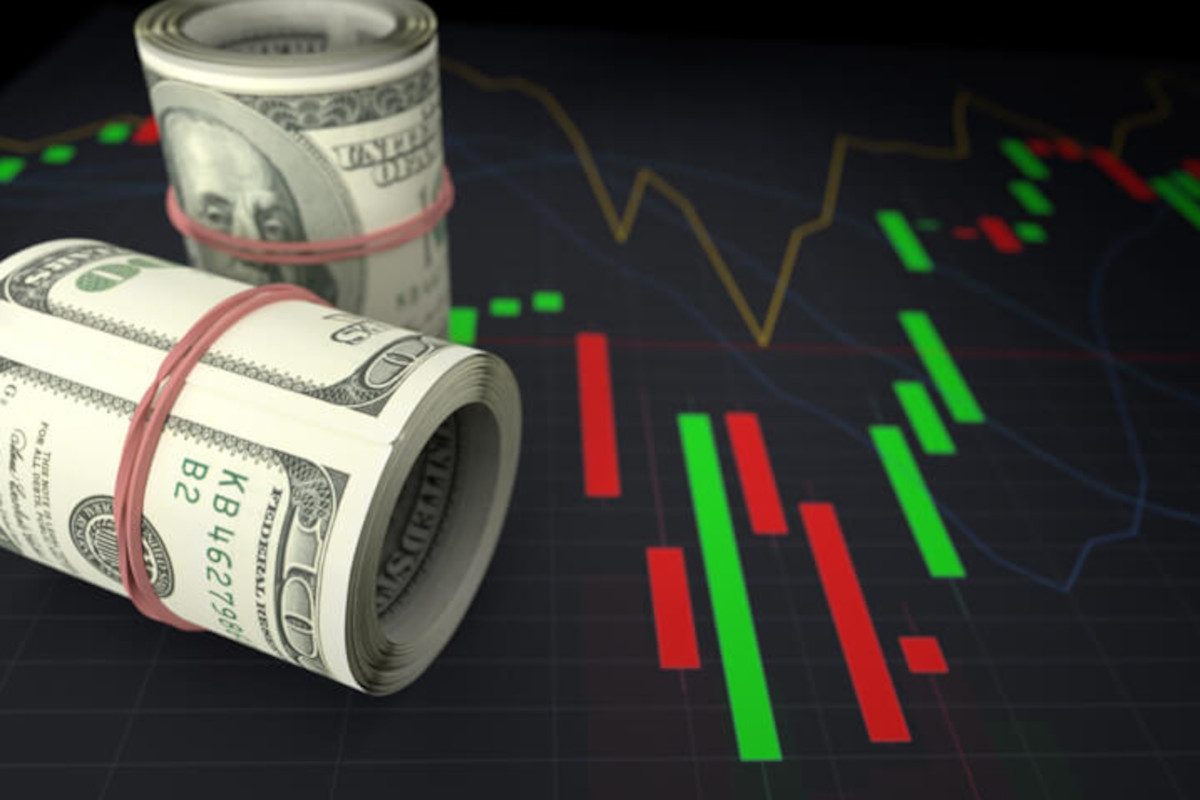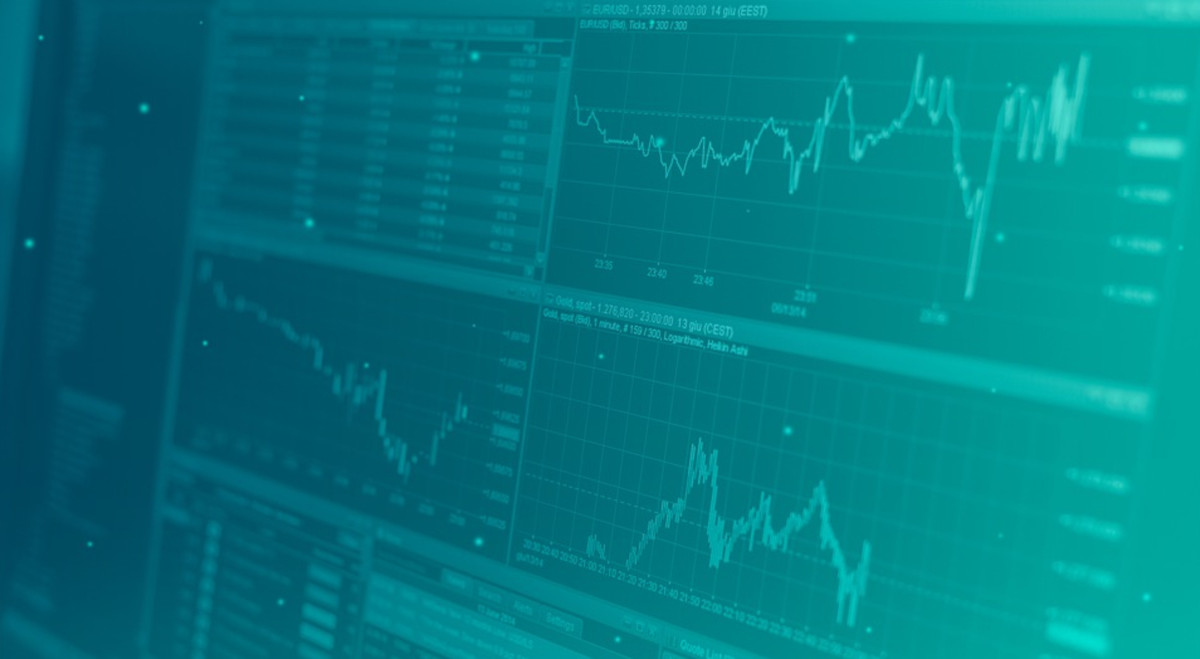(VIANEWS) – SOLVAY (SOLB.BR), SCOR SE (SCR.PA), DNB BANK (DNB.OL) have the highest dividend yield stocks on this list.
| Financial Asset | Forward Dividend Yield | Updated (EST) |
|---|---|---|
| SOLVAY (SOLB.BR) | 6.6% | 2024-03-24 11:16:55 |
| SCOR SE (SCR.PA) | 6.06% | 2024-03-24 12:03:00 |
| DNB BANK (DNB.OL) | 5.92% | 2024-03-24 07:18:25 |
| EQUINOR (EQNR.OL) | 3.75% | 2024-03-24 07:18:40 |
Several Euronext companies pay out dividends to its shareholders. The dividend yield is a dividend to price ratio showing how much a company pays out in dividends each year.
1. SOLVAY (SOLB.BR)
6.6% Foward Dividend Yield
SOLVAY’s last close was €24.54, 14.2% below its 52-week high of €28.60. Intraday change was 1.49%.
Solvay SA provides advanced materials and specialty chemicals worldwide. It operates through four segments: Materials, Chemicals, Solutions, and Corporate & Business Services. The Materials segment offers specialty polymers, including aromatic polymers, high barrier polymers, and fluoropolymers for the electronics, automotive, aerospace, and healthcare industries; and composite materials for aerospace engineered materials market. The Chemicals segment produces and sells soda ash and sodium bicarbonate primarily to the flat and container glass industries, as well as for use in detergents, pharmaceutical, and feed and food industries; hydrogen peroxide for use primarily in the paper industry to bleach pulp, as well as chemicals, electronics, food, mining, and environment; and dispersible silica for tire manufacturers; and solvent solutions, phenols and derivatives, polyamide derivatives and smart, functional, and sustainable yarns and polymers. The Solutions segment offers specialty chemicals for agro, home and personal care, coatings, and industrial markets; technology solutions in specialty mining reagents, phosphine-based chemistry, and solutions for the stabilization of polymers; fluorine and rare-earth formulations for automotive, electronics, agrochemical, and construction applications; and vanillin for the food, flavors, and fragrances industries, as well as value-added intermediates used in monomers and polymers, pharmaceuticals, agrochemicals, and electronics. This segment also provides various products for upstream oilfield chemicals sector, as well as sodium hypophosphite for metal plating and other applications; and PROBAN, a technological process that offers durable flame retardant properties to cotton-based textiles. The Corporate & Business Services segment provides energy and other business services. The company was founded in 1863 and is headquartered in Brussels, Belgium.
Earnings Per Share
As for profitability, SOLVAY has a trailing twelve months EPS of €10.23.
PE Ratio
SOLVAY has a trailing twelve months price to earnings ratio of 2.4. Meaning, the purchaser of the share is investing €2.4 for every euro of annual earnings.
Return on Equity
The company’s return on equity, which measures the profitability of a business relative to shareholder’s equity, for the twelve trailing months is negative -0.45%.
Volume
Today’s last reported volume for SOLVAY is 86184 which is 83.82% below its average volume of 532952.
Volatility
SOLVAY’s last week, last month’s, and last quarter’s current intraday variation average was a positive 0.99%, a negative 0.01%, and a positive 1.87%.
SOLVAY’s highest amplitude of average volatility was 0.99% (last week), 1.64% (last month), and 1.87% (last quarter).
Sales Growth
SOLVAY’s sales growth for the next quarter is negative 61.6%.
Moving Average
SOLVAY’s worth is above its 50-day moving average of €24.09 and way above its 200-day moving average of €22.17.
More news about SOLVAY.
2. SCOR SE (SCR.PA)
6.06% Foward Dividend Yield
SCOR SE’s last close was €29.71, 6.13% under its 52-week high of €31.65. Intraday change was -0.2%.
SCOR SE, together with its subsidiaries, provides life and non-life reinsurance products in Europe, the Middle East, Africa, the Americas, Latin America, and Asia Pacific. It operates in two segments, SCOR P&C and SCOR L&H. The SCOR P&C segment offers reinsurance products in the areas of property, motors, casualty treaties, credit and surety, decennial insurance, aviation, marine and energy, engineering, agricultural risks, and property catastrophes; specialties insurance products, including business solutions, political and credit risks, cyber, and environmental liability; and business ventures and partnerships. The SCOR L&H segment provides life reinsurance products, such as protection for mortality, morbidity, behavioral risks, disability, long-term care, critical illness, medical, and personal accident. This segment also provides financial solutions that combine traditional life reinsurance with financial components and provide liquidity, balance sheet, solvency, and income improvements to clients; longevity solutions that include products covering the risk of negative deviation from expected results due to the insured or annuitant living longer than assumed in the pricing of insurance covers provided by insurers or pension funds; and distribution solutions. In addition, it is involved in the asset management business. SCOR SE was founded in 1970 and is headquartered in Paris, France.
Earnings Per Share
As for profitability, SCOR SE has a trailing twelve months EPS of €4.45.
PE Ratio
SCOR SE has a trailing twelve months price to earnings ratio of 6.71. Meaning, the purchaser of the share is investing €6.71 for every euro of annual earnings.
Return on Equity
The company’s return on equity, which measures the profitability of a business relative to shareholder’s equity, for the twelve trailing months is 11.47%.
Stock Price Classification
According to the stochastic oscillator, a useful indicator of overbought and oversold conditions, SCOR SE’s stock is considered to be overbought (>=80).
Revenue Growth
Year-on-year quarterly revenue growth declined by 25.6%, now sitting on 13.44B for the twelve trailing months.
More news about SCOR SE.
3. DNB BANK (DNB.OL)
5.92% Foward Dividend Yield
DNB BANK’s last close was kr212.60, 0.09% under its 52-week high of kr212.80. Intraday change was 0%.
DNB Bank ASA provides financial services for individual and business customers in Norway and internationally. The company offers savings, current, and pension accounts; fixed rate and security deposits; home and cabin mortgages, car and consumer loans, business loans, and refinancing; car, house, home contents, travel, personal, and non-life insurance product; payment services; and online and mobile banking services, as well as cards. It also provides overdraft facilities; leasing services; factoring, supply chain, and receivable purchase financing services; bank guarantee, secure trading, documentary collection, and letter of credit services; investment banking services, such as mergers and acquisition, equity and debt capital market, shares and securities, mutual funds and trading, and bonds and commodities; and private financing, as well as equity trading, foreign exchange, interest rates, and risk advisory services. In addition, the company offers treasury management, working capital, trade finance, auto lease and equipment financing, and corporate finance services, as well as act as an estate agents. DNB Bank ASA was founded in 1822 and is headquartered in Oslo, Norway.
Earnings Per Share
As for profitability, DNB BANK has a trailing twelve months EPS of kr24.93.
PE Ratio
DNB BANK has a trailing twelve months price to earnings ratio of 8.54. Meaning, the purchaser of the share is investing kr8.54 for every norwegian krone of annual earnings.
Return on Equity
The company’s return on equity, which measures the profitability of a business relative to shareholder’s equity, for the twelve trailing months is 15.02%.
Volume
Today’s last reported volume for DNB BANK is 455590 which is 68.46% below its average volume of 1444890.
Yearly Top and Bottom Value
DNB BANK’s stock is valued at kr212.90 at 21:50 EST, higher than its 52-week high of kr212.80.
More news about DNB BANK.
4. EQUINOR (EQNR.OL)
3.75% Foward Dividend Yield
EQUINOR’s last close was kr286.80, 30.21% below its 52-week high of kr410.95. Intraday change was 0.83%.
Equinor ASA, an energy company, engages in the exploration, production, transportation, refining, and marketing of petroleum and other forms of energy in Norway and internationally. It operates through Exploration & Production Norway; Exploration & Production International; Exploration & Production USA; Marketing, Midstream & Processing; Renewables; and Other segments. The company also transports, processes, manufactures, markets, and trades in oil and gas commodities, such as crude and condensate products, gas liquids, natural gas, and liquefied natural gas; trades in power and emissions; operates refineries, terminals and processing, and power plants; and develops low carbon solutions for oil and gas. In addition, it develops carbon capture and storage projects; provides transportation solutions, including pipelines, shipping, trucking, and rail; and develops and explores for renewable energy, such as offshore wind, green hydrogen, and solar power. The company was formerly known as Statoil ASA and changed its name to Equinor ASA in May 2018. Equinor ASA was incorporated in 1972 and is headquartered in Stavanger, Norway.
Earnings Per Share
As for profitability, EQUINOR has a trailing twelve months EPS of kr41.86.
PE Ratio
EQUINOR has a trailing twelve months price to earnings ratio of 6.85. Meaning, the purchaser of the share is investing kr6.85 for every norwegian krone of annual earnings.
Return on Equity
The company’s return on equity, which measures the profitability of a business relative to shareholder’s equity, for the twelve trailing months is 52.91%.
More news about EQUINOR.





